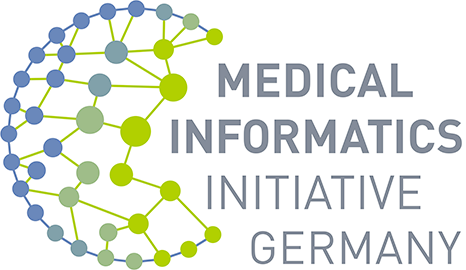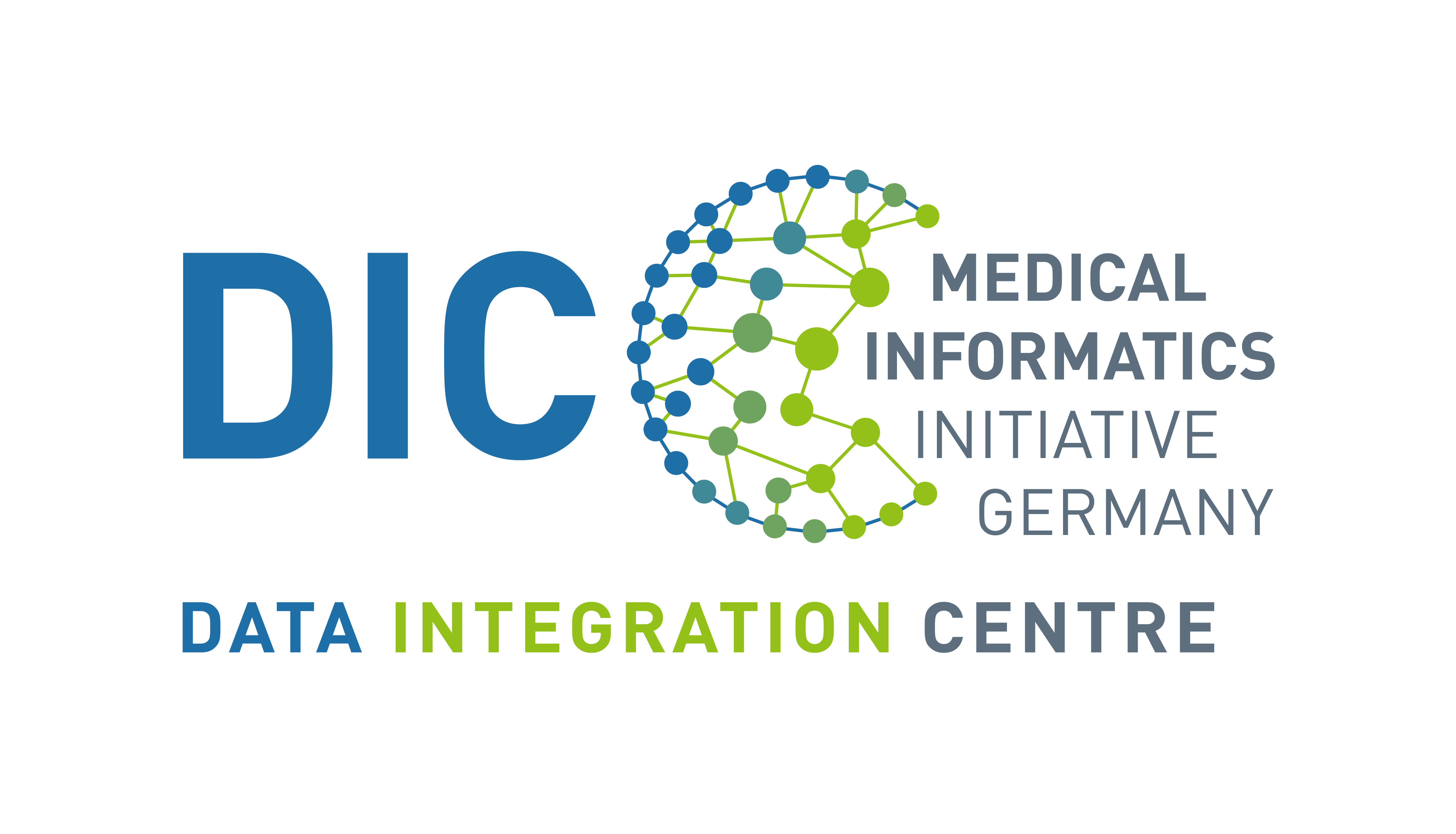Berlin, 29/11/2021. The Medical Informatics Initiative (MII), funded by the German Federal Ministry of Education and Research (BMBF), is creating data integration centres (DIC) to lay the foundation for the digitilisation of medical research and care in Germany. Since 2018, the MII has established DICs at 29 university hospitals. Their purpose is to consolidate routine care data from university hospitals and biomedical research across institutions. This information will be made available for medical research in compliance with privacy regulations. An external audit commissioned by the BMBF showed that the development of the MII's nationwide, decentralised, cooperative research data infrastructure had already made excellent progress 18 months before the initial stage of funding expired at the end of 2022. This was despite the great strain placed on university hospitals during the Corona pandemic.
The audit examined 61 defined criteria in a complex procedure. The DICs provided extensive documentation for the survey in the spring of 2021. In their recent final report, the external auditors rated 90 percent of the sites with data integration centres as being advanced or very well advanced. The positive interim report found that essential foundations and organisational structures had been created. The sites had resilient concepts in place for the further development of data infrastructure, data management and compliance with data protection regulations. Furthermore, the sites that joined the four medical informatics syndicates after funding began in January 2018 quickly caught up with the original members.
Commenting on DIC progress, the international scientific advisory board of the MII stated how impressed they were by how well the four MII syndicates were networked. They consider the decentralised, cooperative structure of the initiative to be the perfect format for creating a national data infrastructure of this kind.
Ongoing development of the DIC - integrating the outpatient sector
The development of DICs at university hospitals has progressed still further since the audit was conducted in early summer. Currently, information scientists are working on an intensive projectathon related to automated data queries that provide a quick overview of the available data types and quantities.
"By the end of 2022, clinical data from routine care at university hospitals will not only be stored in uniform formats and used by all sites, it will also be possible to request and analyse data for medical research projects across all sites via the Deutsche Forschungsdatenportal für Gesundheit (German Portal for Medical Research Data)”, explains Sebastian C. Semler, Head of the MII Coordination Office, TMF e.V.
In future, the MII will also incorporate the outpatient sector by implementing “Digital Hubs: Advances in Research and Health Care”. These have been funded by the BMBF since mid-2021. Model solutions for transferring digital innovations from university hospitals to regional and outpatient care facilities are currently being developed in six separate projects.
More information:
Announcement under gesundheitsforschung-bmbf.de
Dossier at gesundheitsforschung-bmbf.de with quotes from the MII consortium leaders
Press contact:
Sophie Haderer, Tel.: +49 30 − 22 00 24 732, E-Mail: presse@tmf-ev.de
Background:
The aim of the Medical Informatics Initiative (MII) is to improve research opportunities and patient care through innovative IT solutions. These should enable the exchange and use of data from patient care, clinical and biomedical research across the boundaries of institutions and locations. The Federal Ministry of Education and Research (BMBF) is funding the MII with around 180 million euros until 2022.
In the four consortia DIFUTURE, HiGHmed, MIRACUM and SMITH, all university medicine institutions in Germany at over 30 locations are working together with research institutions, companies, health insurance companies and patient representatives to develop the general conditions so that findings from research can reach patients directly. Data protection and data security are top priorities.
A coordination office operated by TMF - Technology, Methods and Infrastructure for Networked Medical Research with the German Association of Medical Faculties (MFT) and the German Association of Academic Medical Centers (VUD) in Berlin is responsible for the national coordination of the MII.



